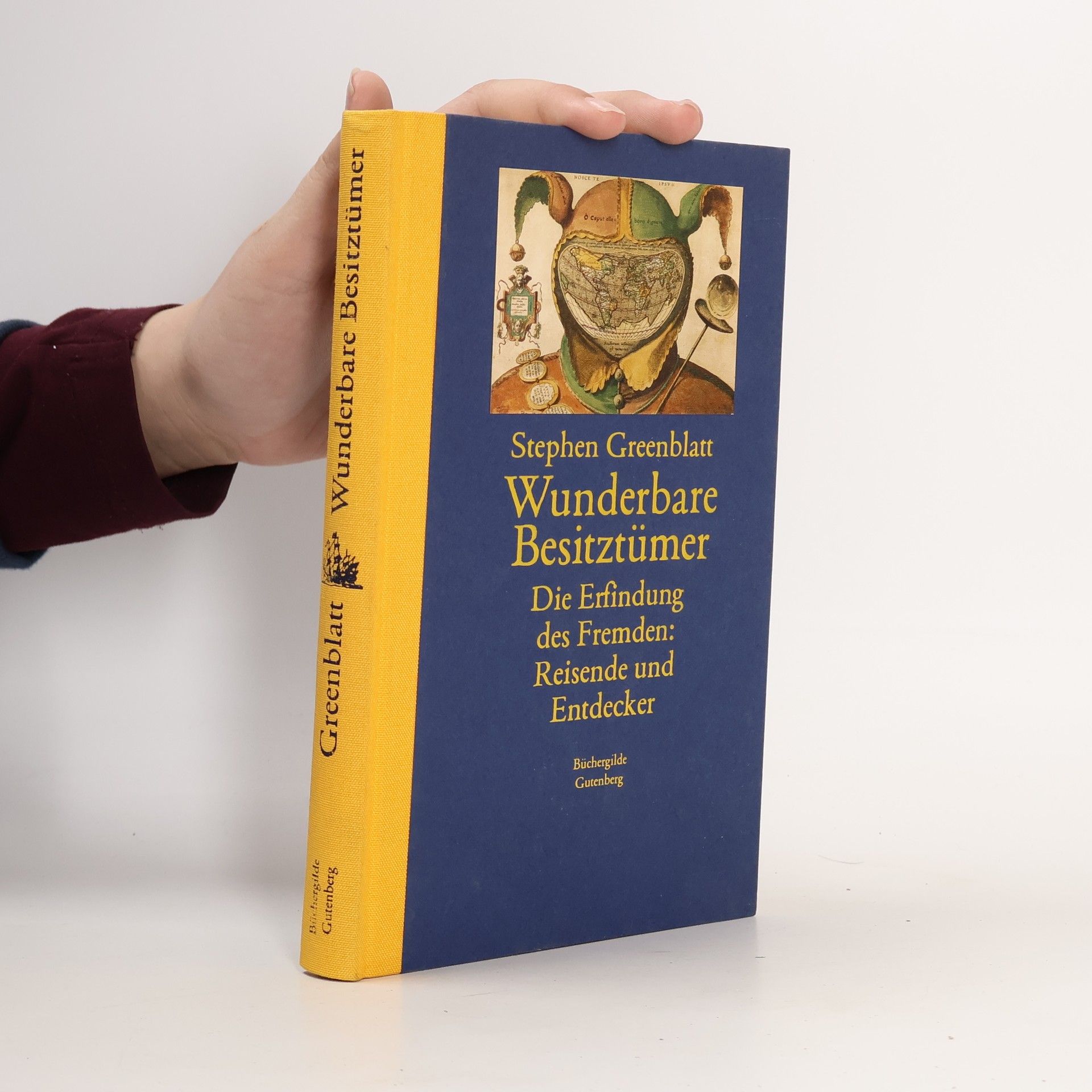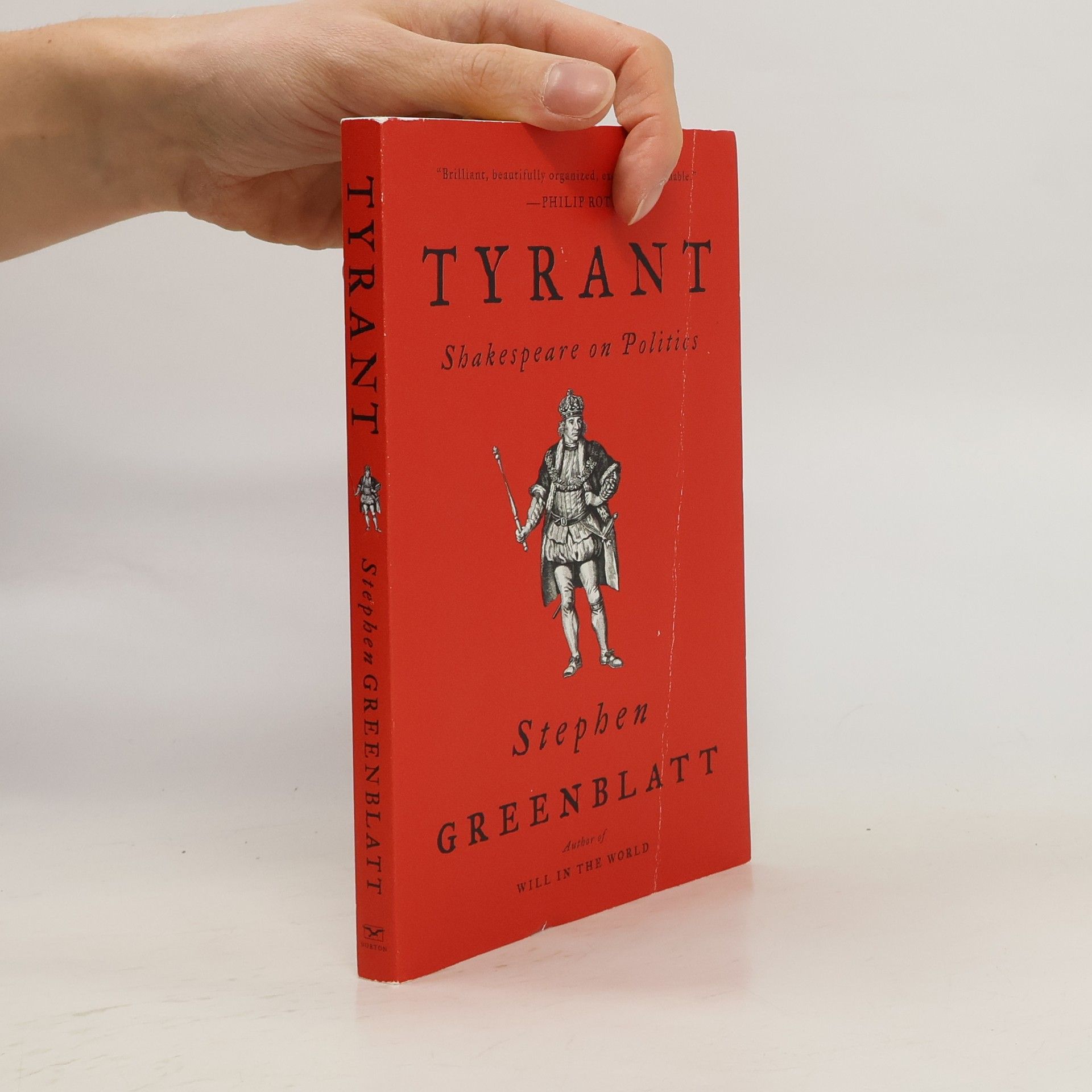Dark Renaissance
The Dangerous Times and Fatal Genius of Shakespeare's Greatest Rival
- 352 Seiten
- 13 Lesestunden
Poor boy. Dark star. Spy. Transgressor. Genius. The Pulitzer Prize-winning author reveals the daring life of Christopher Marlowe, Shakespeare's contemporary and rival. In repressive Elizabethan England, artists face conformity; foreigners are viewed with suspicion, and entertainment is often crude. Amid this backdrop emerges an ambitious cobbler's son from Canterbury, gifted with an extraordinary ear for Latin poetry. For Marlowe, this talent becomes a gateway to beauty, visionary imagination, and transgressive desire. His discoveries lead to a remarkable explosion of English literature and culture, paving the way for Shakespeare's success. With engaging narrative and insightful literary criticism, the author reconstructs Marlowe's involvement with the queen's spy service, which profoundly influenced his brief and tumultuous life, resulting in masterpieces like Tamburlaine and Faustus, which explore the nature of power and its consequences. The author also delves into the people Marlowe encountered and the transformations they initiated, which contributed to the emergence of modern economic, scientific, and cultural power—echoing the Faustian bargains we still confront today.












